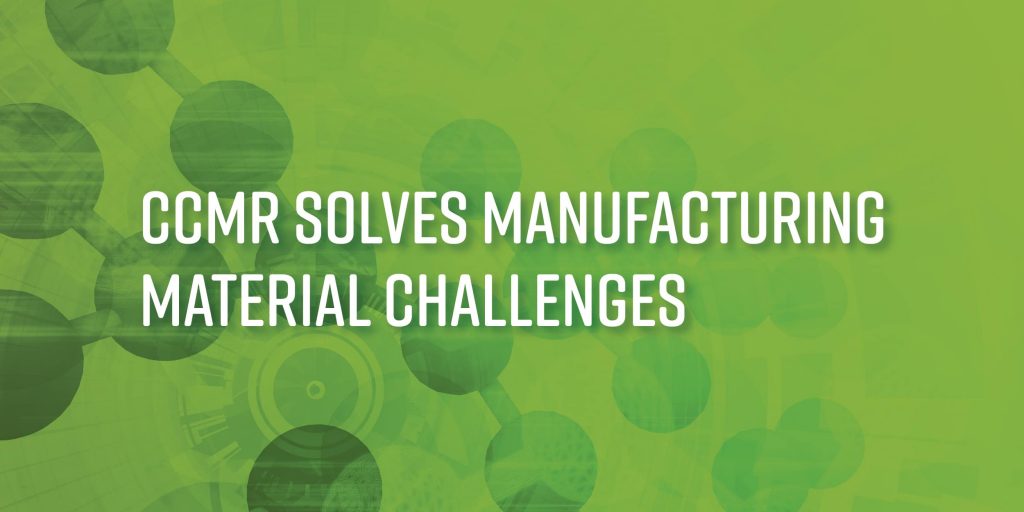Take advantage of the world-class resources at your local university! Empire State Development’s Division of Science, Technology and Innovation (NYSTAR) supports collaborative industry/academic partnerships designed to help develop and commercialize innovative technologies and services with new and existing businesses.
The Cornell Center for Materials Research (CCMR) is a National Science Foundation (NSF) and New York State funded interdisciplinary research center. At its core, the mission of the CCMR is to advance, explore and exploit the science and engineering of advanced materials. The CCMR Industrial Partnership Program, with support from NYSTAR, provides solutions to everyday challenges by helping companies to maintain and improve their completive edge, which ultimately promotes revenue growth and job creation in New York .
The CCMR serves as the interface between industry and Cornell materials experts and enables companies to access technical knowledge and state-of-the-art instruments at low cost. Technical innovation and quality control are challenges faced by many companies. One such company from Buffalo has been manufacturing deep textured metals for industrial, architectural, and transportation applications for over 75 years. Deep-texturing produces a three-dimensional embossed surface to flat sheet metal materials. The deep-texturing process enhances the durability and beauty of flat metals while adding strength, impact resistance, and the ability to hide scratches. It also allows for down-gauging, resulting in lighter, longer-lasting products and reduced maintenance costs. It was with the development of a new product line, a deep-textured metal tube for heat transfer applications, that a new challenge appeared that this Buffalo company requested CCMR’s assistance.
While the surface enhancements to the textured tubes produce up to a fivefold increase in their ability to transfer heat over a smooth wall tube, these enhancements created a new challenge. To produce tubing consistent with American Society for Testing and Materials (ASTM) standards, it was necessary to inspect the product using a nondestructive test method to ensure the integrity of the welded seams. Commonly used inspection methods such as eddy current or ultrasonic interrogation used on smooth walled tubes are ineffective because of the rough surfaces on textured tubes in any material or dimension.
A new nondestructive test method was needed. Working with a Cornell materials science professor and a mechanical engineering professor, the team developed a novel inspection method using light. This method is completely unaffected by the surface enhancements on the tubing. It’s also sensitive enough to detect the tiniest flaws and is sufficiently simple that it can be implemented right on the shop floor.
Among the many opportunities available through the CCMR, companies can receive matching money, up to $12,500, to help cover costs that can include faculty and staff time, analysis services, materials and supplies. For more information on the entire range of programs available, visit http://www.ccmr.cornell.edu/industry. Complete a request form, briefly describe your technical need, and a CCMR staff member will guide you through the process and lead you to the best expert for your particular challenge.
Special thanks to John Sinnott, Industrial Programs Manager at CCMR for guest writing this blog.

